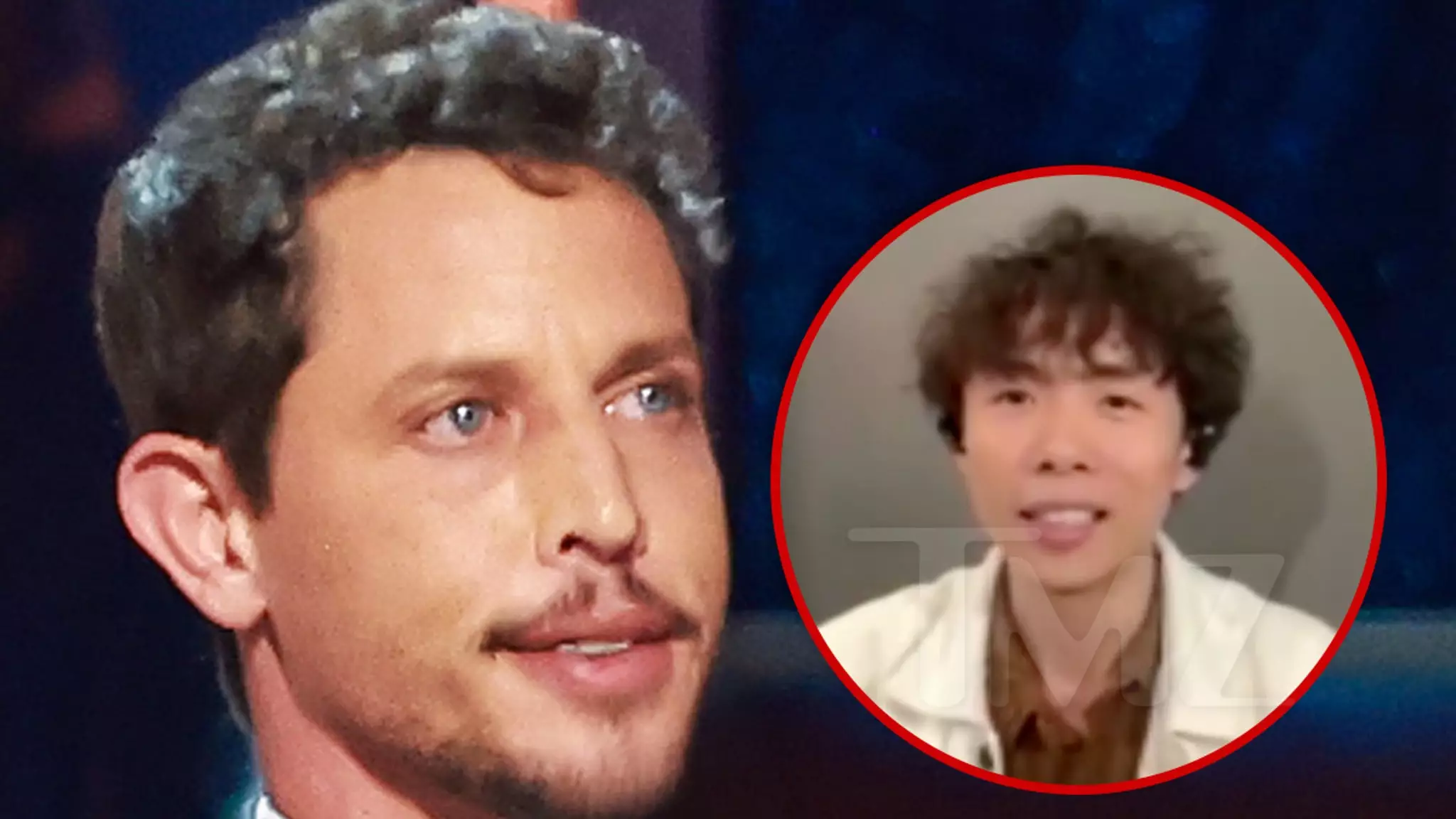Comedian Tony Hinchcliffe’s recent joke about Puerto Rico at a Trump rally has sparked a wave of criticism and backlash, highlighting ongoing tension in the world of comedy regarding cultural sensitivity and racial humor. As various public figures, including rapper Bad Bunny and actress Selena Gomez, took to social media to express their outrage, it probes deeper issues surrounding the responsibilities comedians have in their pursuit of humor. The backlash against Hinchcliffe underscores a fomenting divide within societal norms around jokes that can be perceived as offensive or racist, raising questions about the evolution of comedic boundaries.
A Turbulent Past Resurfaced
Peng Dang, a fellow comedian who has previously faced his own ordeal with Hinchcliffe’s brand of humor, weighed in on the issue, citing a pattern of offensive remarks from his counterpart. Both comedians share a story of being subjected to inappropriate comments, leading to personal and professional repercussions. In his interview with TMZ, Dang recalls the impact of Hinchcliffe’s past LGBT-related comments directed at him, suggesting that such remarks are not anomalies but rather indicative of Hinchcliffe’s comedic style that often skirts on the edge of acceptable discourse.
This context is critical as it revisits the narrative of comedic expression versus accountability, a conversation that has burgeoned in recent years amid the rise of cancel culture. Critics argue that while humor is an essential aspect of cultural discourse, it should not come at the expense of marginalized communities. Conversely, proponents of comedians like Hinchcliffe argue that satire serves as a necessary tool for tackling societal issues, albeit in a manner that is often provocative.
The backlash against Hinchcliffe was swift and severe, leading to conversations not only about his future as a comedian but also about the implications of his words amid an increasingly sensitive cultural landscape. The juxtaposition of Hinchcliffe’s humor and public reception highlights an uncomfortable truth: while comedians aim to push boundaries, the fallout can often lead to lasting damage to their reputations and careers.
Dang underscored the resilience required to navigate the tumultuous waters of public opinion, expressing a belief that the outrage stems from a deeper societal acknowledgment of the dangers of offensive humor. He acknowledges that even audiences traditionally aligned with controversial figures like Trump found Hinchcliffe’s joke to miss the mark, indicating a growing consensus that entertainment should not be built on the suffering of others.
As the comedy industry grapples with the repercussions of Hinchcliffe’s remarks, it serves as a vital moment for reflection about the nature of humor and its impact on society. Comedians are challenged to reconsider the ramifications of their words, acknowledging that what may seem like a harmless joke could reinforce harmful stereotypes or sentiments. The dialogue ignited by this controversy positions humor as a powerful vehicle for change, capable of uniting or dividing communities based on its execution.
In the end, the fallout from Tony Hinchcliffe’s Puerto Rico joke serves not only as a reminder of the need for greater sensitivity in comedic expression but also illustrates the ongoing struggle for equity and representation in entertainment. As audiences become more discerning, there lies an opportunity for comedians to evolve, harnessing the power of humor to uplift rather than alienate.

